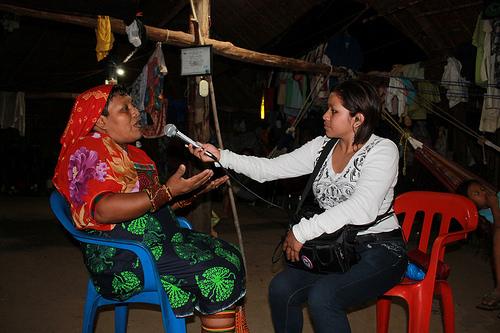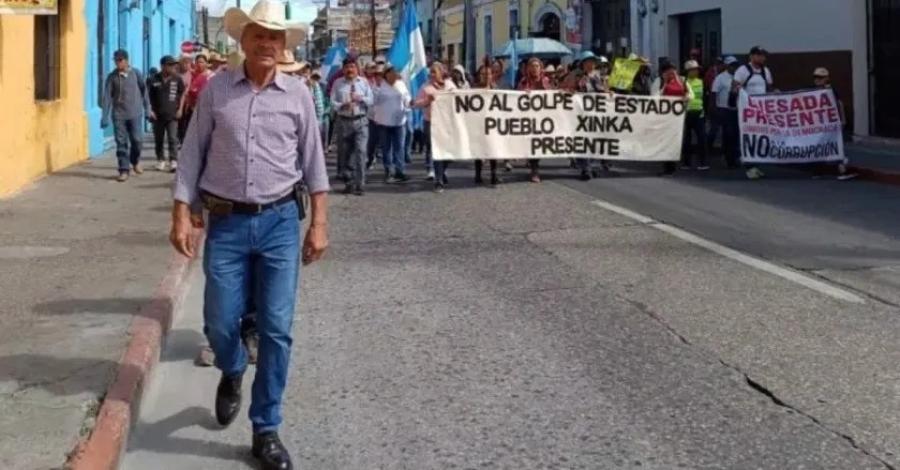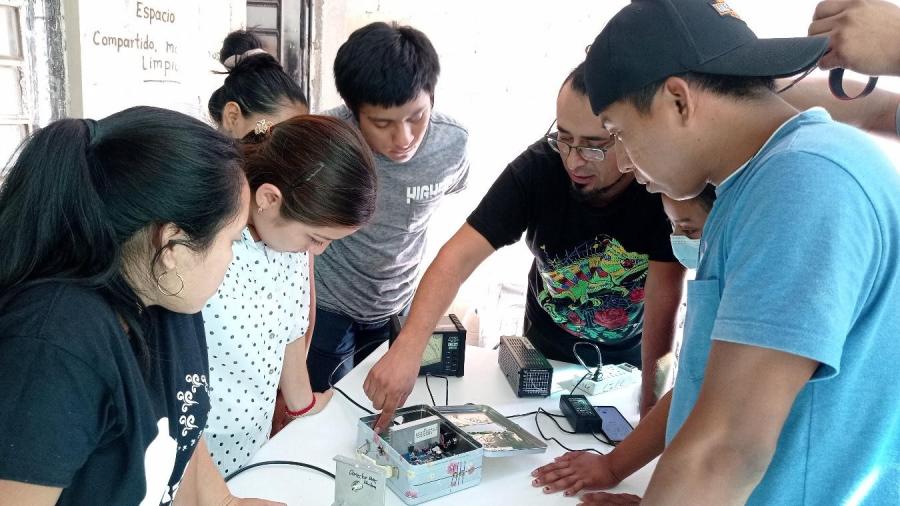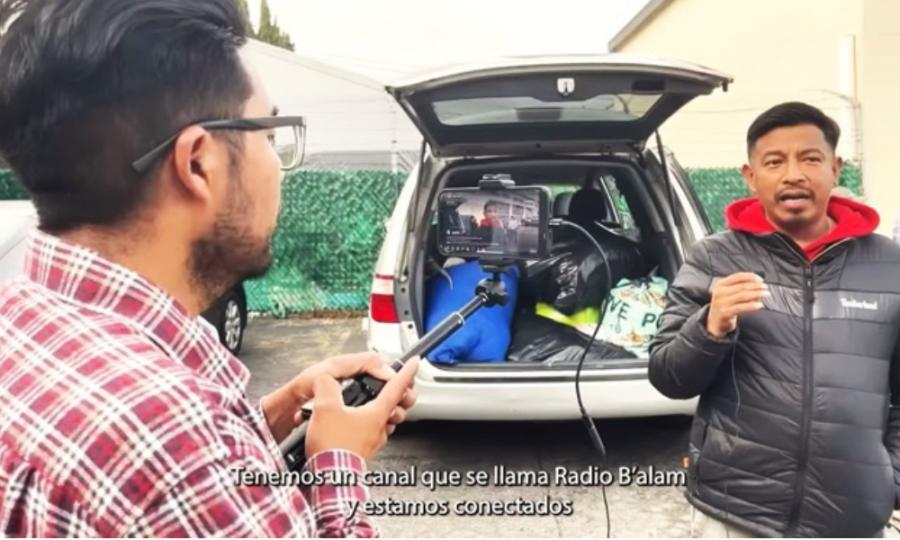
Two members of our Free, Prior and Informed Initiative (FPIC) team in Guatemala travelled to Panama and Costa Rica for three weeks this month to spread the word about the program to Indigenous communities in the two countries. Although their main purpose was promoting knowledge about Free, Prior and Informed Consent, Rossy Gonzalez, a producer for our FPIC program and former radio volunteer with community radio station Radio Ixchel, took the opportunity to share about the community radio movement in Guatemala and the impact that community radios have the potential to make in Indigenous communities.
[[{"fid":"62275","view_mode":"media_original","fields":{"format":"media_original","field_file_image_alt_text[und][0][value]":"","field_file_image_title_text[und][0][value]":"","taxonomy_vocabulary_8[und][]":"2676","taxonomy_vocabulary_14[und][]":"2878","field_caption[und][0][value]":"","field_copyright[und][0][value]":"","taxonomy_vocabulary_16[und]":"_none","field_media_page[und]":"1","field_folder[und]":"3046","field_tags[und]":""},"type":"media","attributes":{}}]]
Rossy presenting on the benefits of community radio to community radio volunteers in Panama.
Rossy explained, “in Panama and Costa Rica, because community radio is legal, it seemed like their wasn’t the same kind of motivation to use it in the way that we do in Guatemala. There was a lack of participation from women and a lack of good, critical programming…They laughed at the fact that our community radios in Guatemala speak out against the government.” So Rossy decided that she would tell the story of Radio Ixchel to remind these radio staff of the power of community radio. “I wanted to get them to think about why they started their community radio in the first place, I wanted to motivate them to improve their programming and to get more women involved.” Rossy explained to the radios, many of whom had no women announcers, about Radio Ixchel's 15 female radio volunteers, out of the 20 volunteers in total. According to Rossy, it was a big surprise for these radios to hear about these numbers. Although there were women present at the radios, most of them held supportive roles rather than protagonistic ones. Rossy explained, “I felt that I needed to motivate these women to pick up the microphone…if they don’t make their own decisions, others will end up doing it for them, and that isn’t what we want.”

Rossy with Kuna women from Nalunega, Kuna Yala, Panama.
According to Rossy, some of the radios are already doing great work. Radio Cultural Buenos Aires, in Costa Rica have Indigenous radio personal who create programas surrounding issues in their communities. They air programs about human rights, violence in the family, and they even have the participation of police who speak out against violence and drug trafficking. However, Rossy wanted to push the radios to make critical, conscious programming the rule rather than the exception. A first step towards this goal was that each radio received our programming on Free, Prior and Informed Consent, to broadcast on the air so that their Indigenous communities are informed about their rights. According to Rossy, "Airing these programs is a good start towards having socially conscious radios, but they need to start thinking of radio as a tool for their communities, and only then will they start using it as such."



